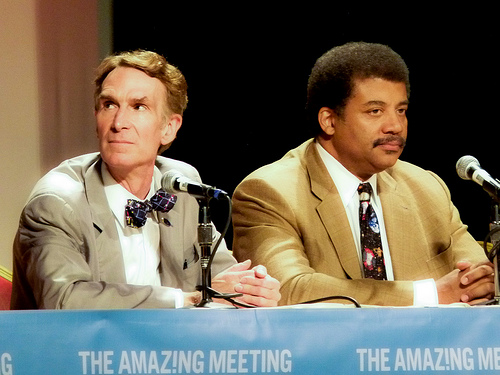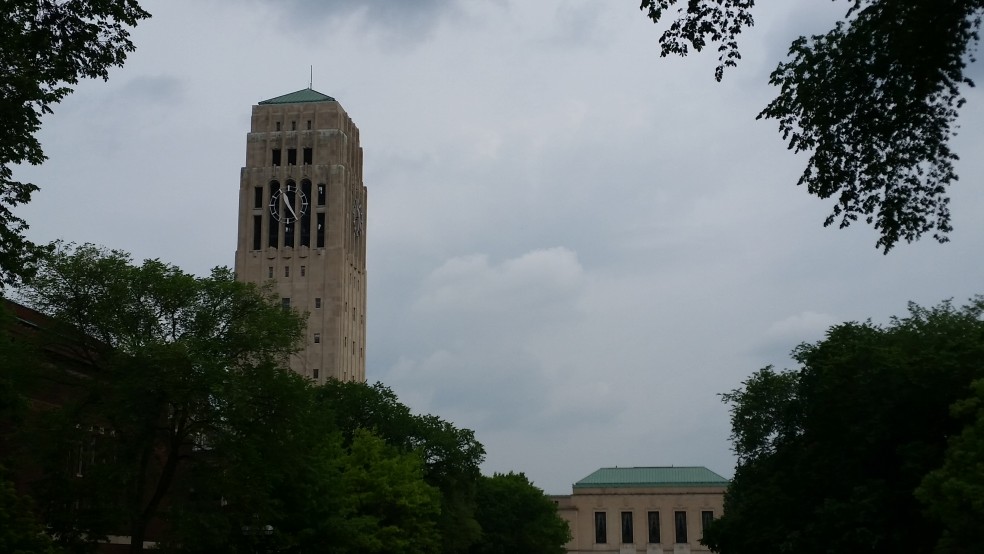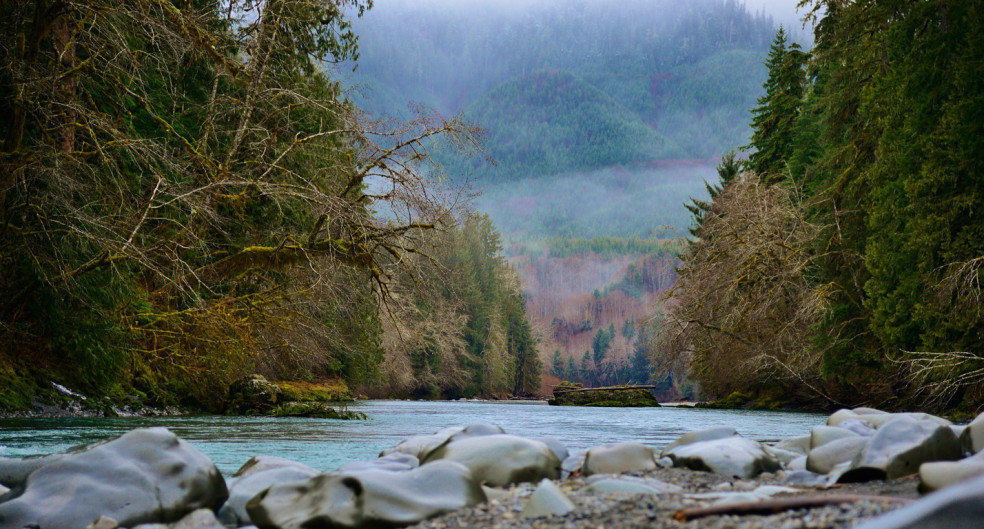Featured image: Two great American science communicators. Photo credit: Jamie Bernstein Over the past months, I went to several scientific conferences* on a covert mission. While I was technically there to learn and to discuss my work, I wanted to find out why so many academics avoid engaging with the public about their research. I ambushed scientists at happy hours, …
Climbing down from the Ivory Tower
I have been fascinated by science since I was a young boy. As my long-suffering loved ones can attest, I’ve ruined many otherwise lovely dinners by droning on about agroecology, or sexual selection, or some damned thing. I’m not the only one failing to communicate science effectively. Science is widely perceived as a dull and difficult enterprise, working out esoteric details of irrelevant questions. Scientists …
What 3/4 of a giraffe worth of rain and mild weather gets you
I want to introduce you to a place. When you finish reading this, I want you to have a sense of what makes it so special, and a subtle but persistent desire to go there. So do as Sam Jackson says, and hold onto your butt. By the time I’m done, you’re going to RSVP with a resounding “hell-yes.” The …
Teach the Controversy
Disclaimer: This post presents more opinion than a typical Thought and Awe post, and should be taken with a larger grain of salt. Accordingly, there are no peer-reviewed citations at bottom. One of the most exasperating battlegrounds in America’s perennial “culture wars” is the high school science classroom. Every few years, some state legislature or school board decides that science education would be much …
Challenge Those Assumptions!
Happily, we live in a time where challenging dogmatic ideas about the world is not punishable by being burnt at a stake. We know the earth is spherical, that the Earth revolves around the sun, and innumerable other facts about our tiny place in this immense universe. These breakthroughs have come when thinkers push back at conventional wisdom with careful reasoning to build new …
Seeking a Scientific Education
As someone who came into scientific research from an atypical educational background, I spend a lot of time thinking about the pedagogy of the natural sciences. Regrettably, undergraduate science classes – particularly at large universities – are often taught in a way that rewards rote memorization and does little to cultivate critical thinking skills. This was the topic of Kevin’s …
Science is hard
Much of my science education has done remarkably little to make me into a critically thinking scientist. I passed my college classes, typically getting decent grades. I dutifully memorized the stages of photosynthesis, the enzymes used during the Krebs Cycle, and how to balance equations of chemical reactions. Do I remember any of it now? Only a little bit. Did it make me a …




